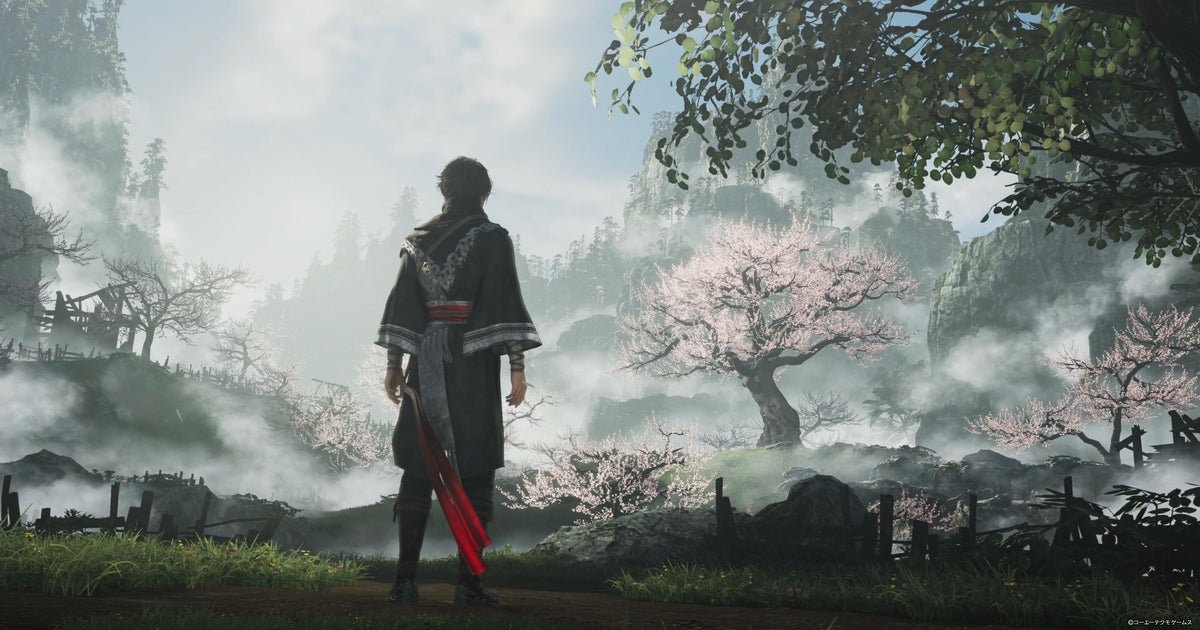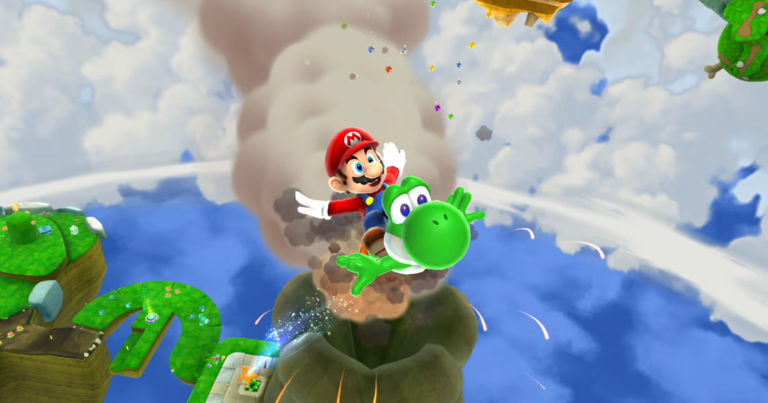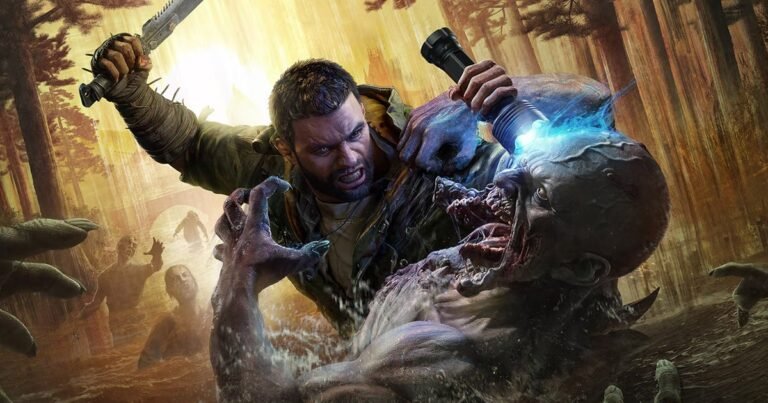
Dynasty Warriors Origins is the response from Koei Tecmo and Omega Force to the concerns of the loyal community regarding a series that has largely remained the same since 2002. The “Musou” experience, known for its “one against hundreds” style, has been a favorite among fans. However, apart from the unsuccessful attempt to transition to an open-world format in DW9, there hasn’t been much innovation in the past two decades.
Collaborative games, such as those featuring Gundam, Fire Emblem, The Legend of Zelda, One Piece, Dragon Quest, Persona, and Berserk, have successfully brought a sense of novelty by blending the Musou formula with the unique characteristics of each property. By incorporating gameplay mechanics from these series into the Musou genre, Omega Force has created some of the most enjoyable and interesting games in the franchise.
Origins serves as a reboot for Dynasty Warriors, aiming to steer the series in a new direction. With a revamped combat system inspired by Soulslike games, new gameplay mechanics, and a stronger focus on a cinematic and easy-to-follow narrative, the game seeks to breathe new life into the franchise.
The unexpected emphasis on storytelling is a pleasant surprise, enhancing the campaign’s engagement and accessibility. However, the protagonist lacks the charisma of other iconic figures in the series, and certain scenes may feel contrived as excuses for combat encounters.
In addition to the introduction of an open-world map and a narrative-driven approach, Origins brings changes to the combat system. While retaining the core Musou gameplay, the game incorporates elements inspired by Soulslike games, such as timed dodges, parries, and tougher enemies with shields that require specific tactics to defeat.
Overall, Dynasty Warriors Origins offers a familiar Musou experience with added depth and modernized gameplay inspired by contemporary action games. By blending traditional Musou mechanics with new features, the game presents a refreshing take on the series while staying true to its essence.
The grind for resources, better weapons, skill points, and mastering multiple weapons to level up the protagonist are key elements in improving the gameplay experience. However, this may lead to fatigue during repetitious extra missions that recycle locations, objectives, and important characters, potentially detracting from the overall enjoyment of the game.
Despite its efforts to inject new energy and draw inspiration from FromSoftware games, Dynasty Warriors Origins falls short in technical quality. While it features occasional visually stunning moments, the game’s graphics are lacking, and performance drops may occur, even on high-performance platforms. Although the game introduces innovative gameplay elements, the visual presentation could benefit from more charm.
In conclusion, Dynasty Warriors Origins stands out as a noteworthy and evolutionary title in the series, offering refined Musou combat with FromSoftware influences for greater depth. While the game may not appeal to those who find Musou design outdated, it presents a fresh perspective on the franchise with its focus on an easy-to-follow narrative and incentive to explore various weapons.



